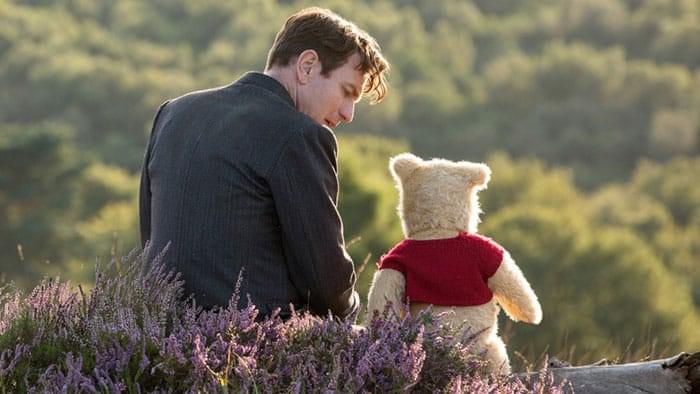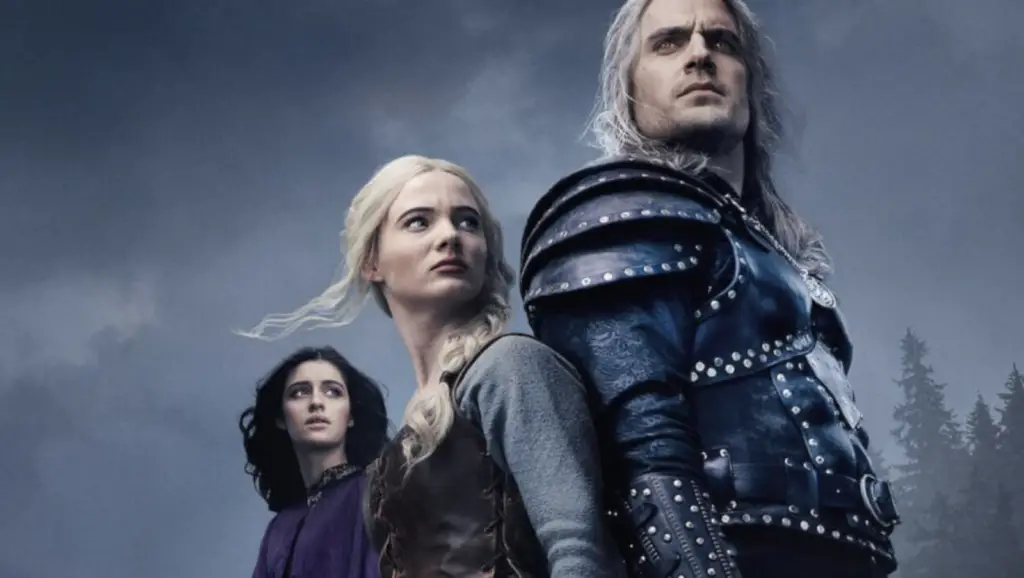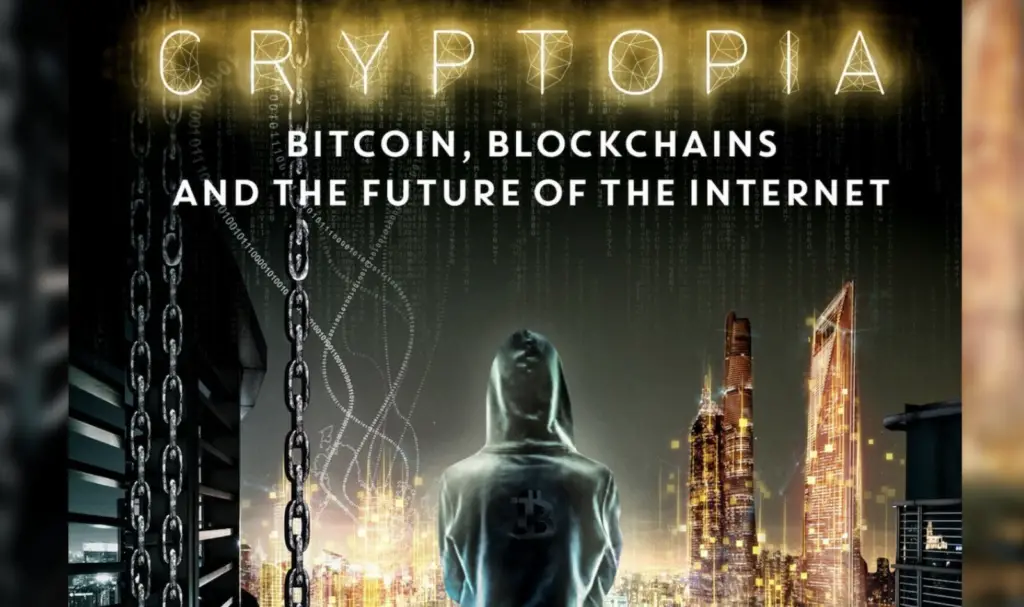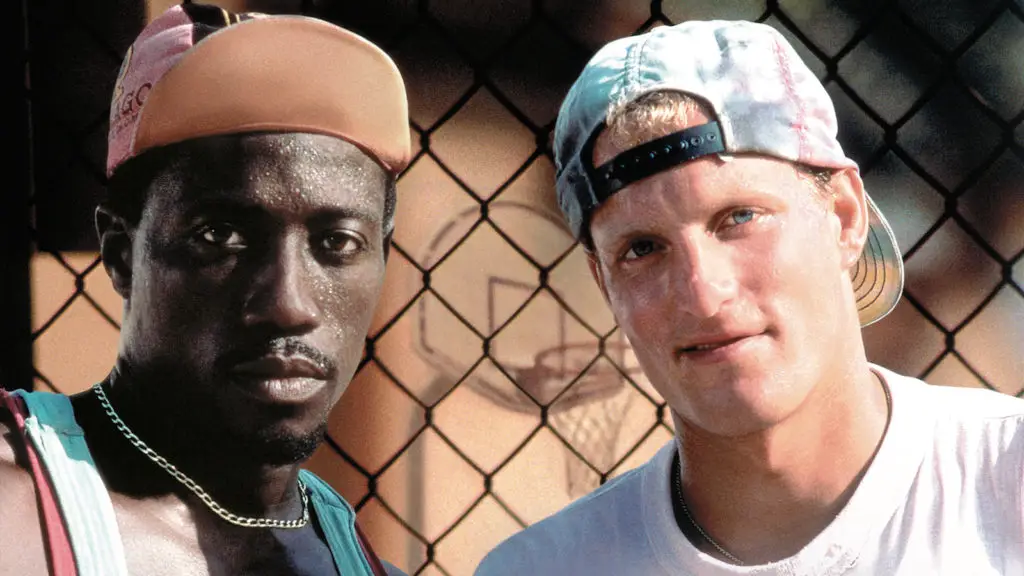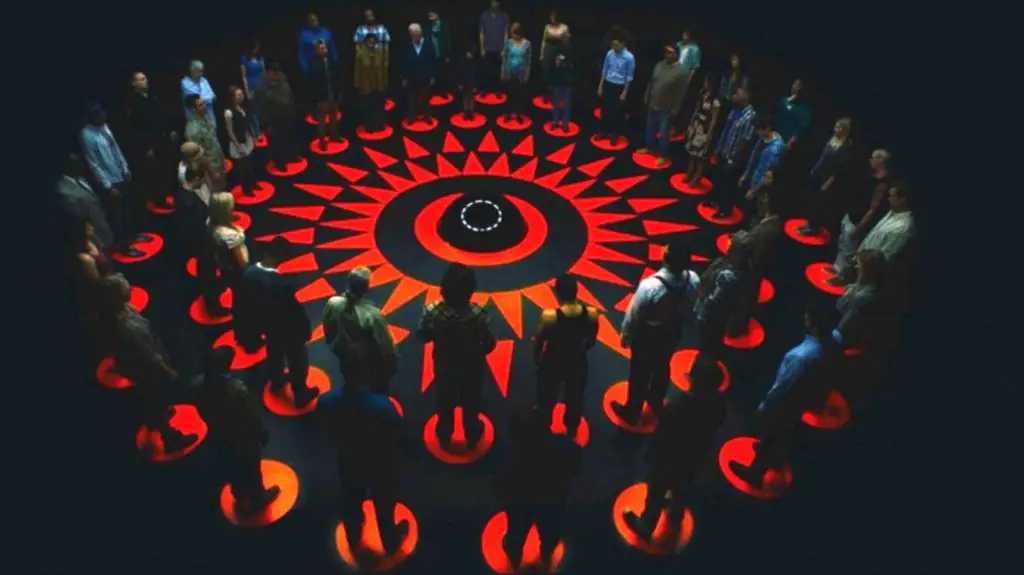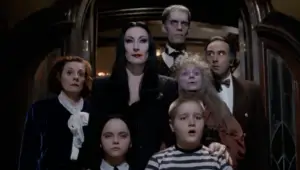
It’s widely known that sports fans love an underdog—but what about Hollywood’s long-running affinity with scripting weirdos onto the screen? Just like a basketball fan might cheer on a David taking on a Goliath in the NBA Finals, a film buff might find themselves enamored with a truly eccentric character.
Let’s take a look back at Rain Man. This 1988 film covered one man’s journey to reunite with his brother… and pay off a few debts by playing blackjack in Vegas along the way. Dustin Hoffman played Raymond Babbitt, who was better with numbers than he was with communication. Despite his short sentences and eccentric nature, audiences fell in love with the character.
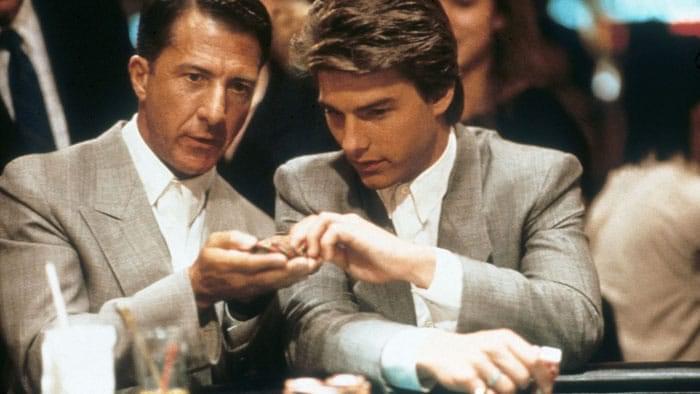
But it’s not just Raymond Babbit and his adventures at the blackjack table that captured the hearts of audiences. Twenty years after Rain Man was released, most players had switched to online blackjack for convenience and exclusive deals. Today, more players opt for online play rather than heading to a brick-and-mortar establishment, but that doesn’t mean Hollywood is done with Vegas and its Strip.
In 2009, audiences were treated to The Hangover—and the whimsical character of Alan, who plays blackjack in a style eerily similar to the original Raymond Babbitt. Alan’s character was a smash hit just like Raymond’s, despite presenting a new twist on the oddball character. It highlights just how obsessed audiences are with strange characters.
At least, in theory.
Why We Love a Weirdo
Hollywood may love to script weirdos, but that doesn’t mean viewers are open to just any type of oddball. Look back at characters like Jar Jar Binks, which is a prime example of producers attempting to force a laugh without giving anything deeper to the Star Wars franchise. So, what makes the Alans stand out from the Jar Jar Binks-style characters?
The thing which separates the superbly strange from the annoyingly off-kilter is charm. Let’s think about one of the least romantic characters from cinema: Sloth from The Goonies (1985). Heinous to behold and part of the crime family that’s endangering the film’s cast of heroes, Sloth shouldn’t be a fan favorite.
However, he steals the show thanks to his pure heart and desire to help the main characters. In fact, if there’s one element that connects Hollywood’s most famous and beloved weirdos, it’s the touching human drive they have to achieve their goals. In other words, they aren’t cast just for laughs or just to add an intriguing element to the plot (looking at you, Jar Jar Binks).
Instead, they serve a core purpose in the story—and their strange approach to that makes them all the more lovable.
Oddballs on the Silver Screen
Now that we’ve broken down how and why viewers tend to love an on-screen weirdo—as well as what they hate—let’s cover two of Hollywood’s zaniest projects, which lines or phrases they’ve helped popularize, and why they won’t be forgotten anytime soon.
Edward Scissorhands (1990)
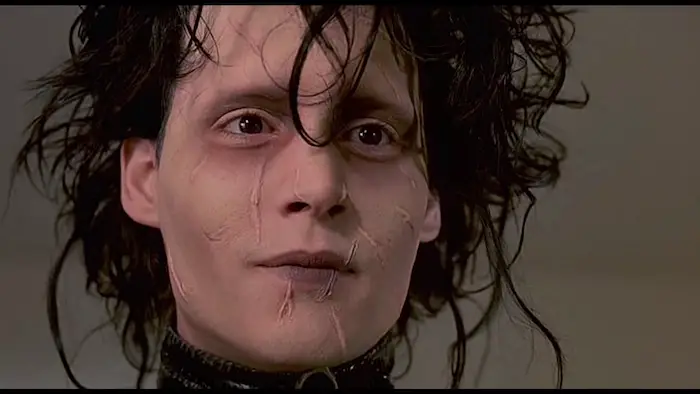
“People are scared of things that are different.”
With scissors for fingers, life was never going to be easy for poor Edward. But this Tim Burton character quickly became a cult hero for fans when the film was released. Once again, we point back to Edward’s kindness and gentle nature to explain why he took off.
Never had audiences seen such a tender-hearted outsider, and it left many feeling that they could relate to one of the world’s most anatomically improbable homo sapiens.
The Addams Family (1991)
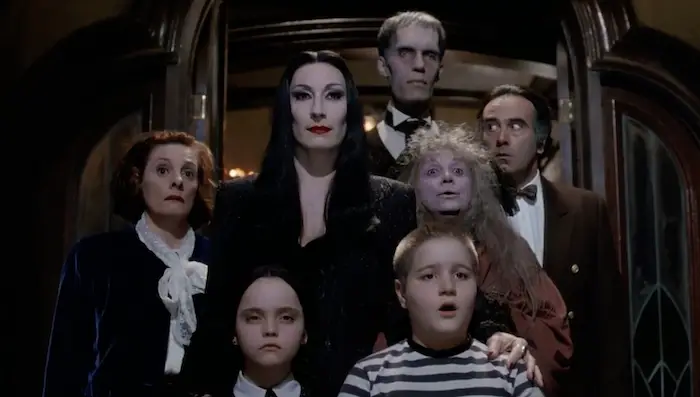
“We don’t hug.”
Forget a standout weirdo—this franchise covers an entire clan of delightfully odd (and goth-inspired) characters. Matriarch Morticia has a penchant for grimoires, while patriarch Gomez is known for his devious plotting. Their children, Pugsley and Wednesday, are forever in a battle to destroy the other, using techniques like homemade electric chairs and dastardly poisons.
So, what’s to love? Behind it all, the Addams family supports one another with care and attention. Evil witchcraft aside, it’s one of the most holistic portrayals of familial love in the US.
